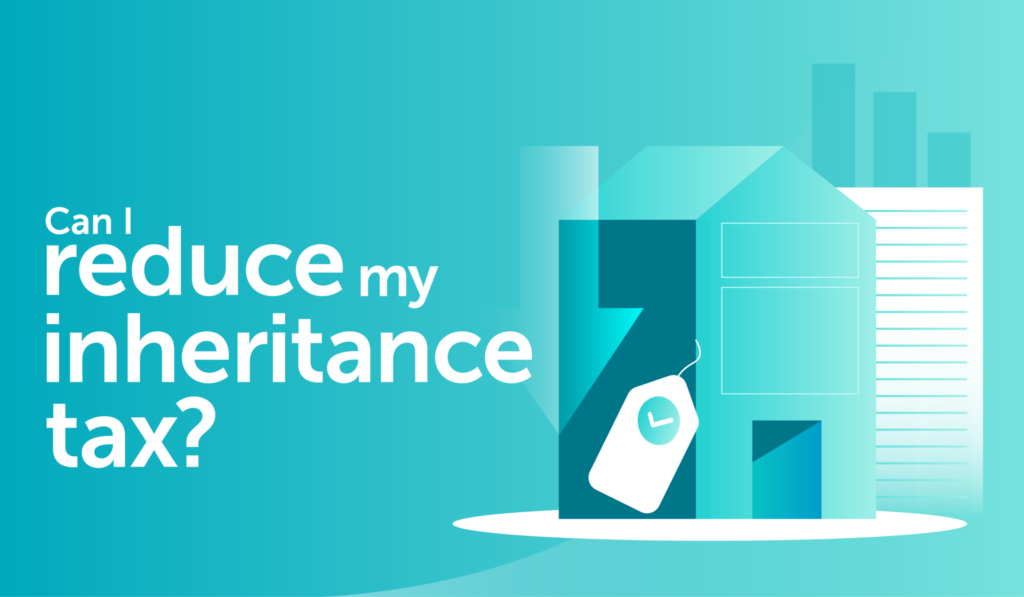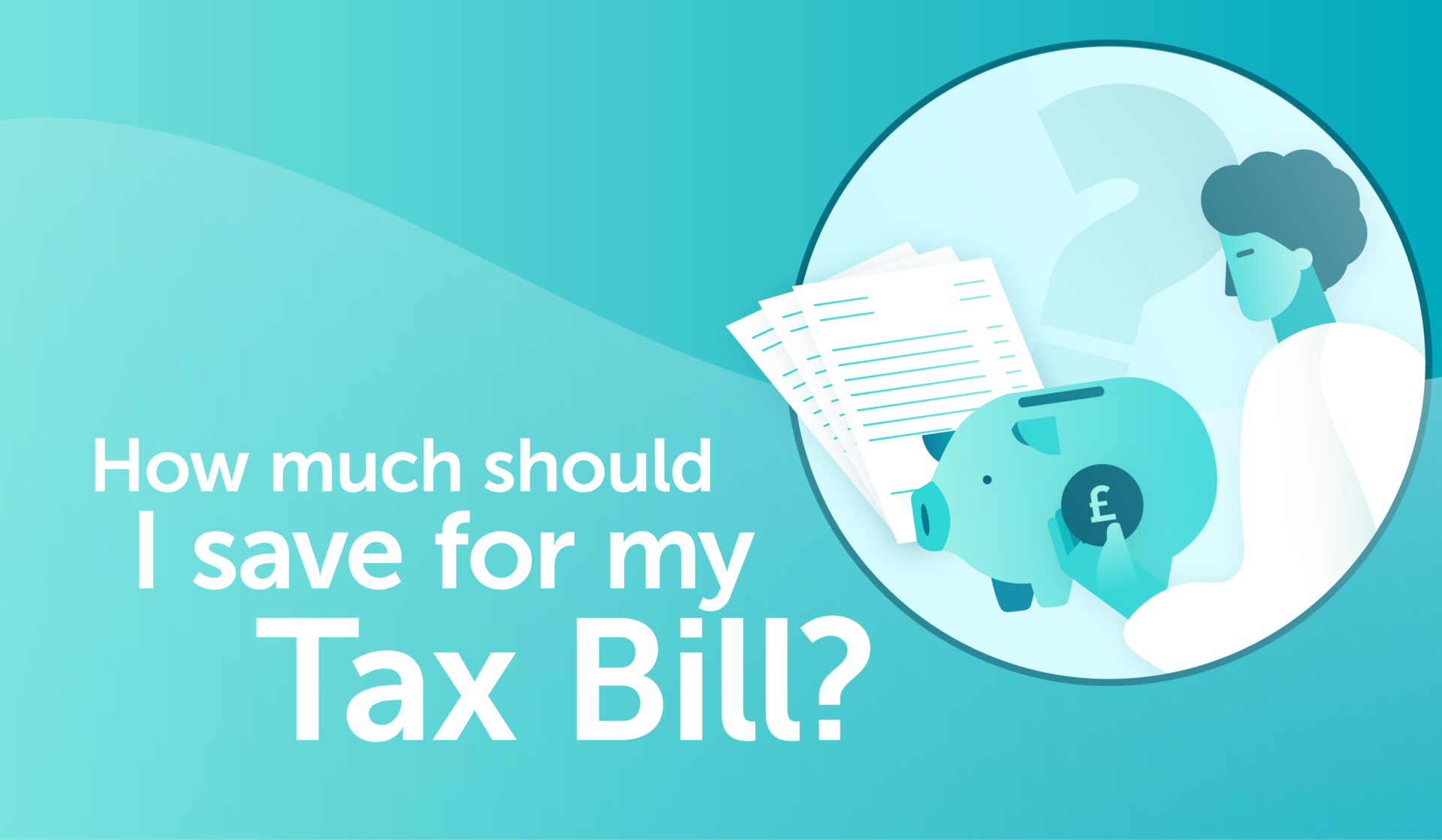
Can I reduce my Inheritance Tax?
What is Inheritance Tax?
Inheritance Tax (IHT) is a tax imposed based on the value your estate when you pass away.
Your estate is made up of all your assets including your main residence, investment property, businesses, investments, money, cars, and any other owned asset. It even includes smaller assets, such as jewellery, artwork and coin collections.
Inheritance Tax is calculated from thresholds and rates set by the government. The current base threshold for the value of your estate is £325,000, meaning if you estate is valued below this amount, no Inheritance Tax is due. The government has frozen this rate until 2028.
If you decide to leave your residential home to your children or grand-children, you may also qualify for an additional nil-rate band of £175,000, which is also frozen until 2028.
For many people this brings their total threshold to £500,000 of assets, before any Inheritance Tax is due. However, if the total value of your estate is worth more than £2 million when you pass, the residential nil-rate band becomes less generous.
The value of the estate exceeding the combined nil-rate bands is generally taxed at a rate of 40%.
Who pays the Inheritance Tax?
If your estate is large enough to trigger Inheritance Tax, it is the responsibility of your executors to calculate the amount of IHT owed and make payment to HMRC. This is often carried out on behalf of your executors by legal or financial professionals.
Inheritance Tax is paid to HMRC before any assets are distributed to beneficiaries. This means if you’re a beneficiary of a loved one’s estate, you will not directly pay any Inheritance Tax to HMRC. Inheritance Tax effectively reduces the size of the deceased estate before it is distributed to the beneficiaries.
It is important to note this as, if in your will you leave exact monetary amounts to some individuals and a portion of the “remainder of your estate” to others, the individuals receiving a portion of the remainder of the estate will affected by your Inheritance Tax bill as the “remainder” will be reduced by any tax payable.
Can I reduce my Inheritance Tax?
There are a number of things you may want to consider when planning your estate. Firstly, it is highly recommended to write a will. This will not only ensure your estate is distributed according to your wishes, but it is also a great way to review and consider the value of your estate and start thinking about tax planning options.
*If you’re not yet written your will – read our latest article – Don’t put off writing your will
Leaving your estate to your spouse
If you leave your estate to your spouse, there will usually be no Inheritance Tax due. When your spouse passes away, they can also use your unused IHT allowance as well as your own. For example, if you jointly owned your residential home, their total tax-free allowance could be up to £1m.
Donations to Charity
If you decide to leave a donation to charity in your will, your donation will either be deducted from your estate before Inheritance Tax is calculated, or if the donations are worth 10% or more of the entirety of your estate, you may be eligible for HMRC to reduce the tax rate from 40% to 36%.
Gifts
You can gift £3,000 each tax year without it ever being added to the value of your estate. This is £3,000 in total, so can either be gifted to one individual or split multiple ways. If you’ve not gifted during one tax year, the £3,000 can be rolled over into the next tax year providing a total tax-free gift of £6,000.
It is also possible to gift £5,000 for a child’s marriage or £2,500 for a grandchild’s marriage.
You can also make unlimited small gifts of £250 per person each tax year, as long as you have not used another allowance on the same person.
It is possible to gift more than these amounts, and the gift will be tax free if you survive for seven years after. If you unfortunately pass away within the seven-year period, the gift will be taxed on a tapered scale depending on the length of time passed before your death.
| Years between gift and death | Rate of tax on gift |
| 0 to 3 years | 40% |
| 3 to 4 years | 32% |
| 4 to 5 years | 24% |
| 5 to 6 years | 16% |
| 6 to 7 years | 8% |
| 7 or more years | 0% |
In order to qualify for the tax-free exemption on gifts, you must not receive a benefit from the asset after it has been gifted. For example, if you gift your house, you must not live there without paying rent. If you do benefit from the asset after it has been gifted, the value will remain in your estate when calculating IHT.
Trusts
You may be tempted to investigate setting up a trust to put some of your assets into. A trust is a legal vehicle enabling you to decide who manages your money (trustees) and who benefits (beneficiaries).
Trusts are complicated structures, can be costly to set-up and may trigger tax liabilities when introducing or withdrawing assets, or on certain anniversaries.
If you are considering setting up a trust, please ensure you seek expert advice and understand whether it will be a benefit or not when planning your estate.
There are a number of other ways to reduce your taxable estate for IHT purposes, and if you are concerned about IHT it is worth seeking specialist advice on how to minimise your exposure.
If you have any questions at all about planning for your Inheritance Tax or writing a will, please do not hesitate to contact us.
(E) enquiries@advaloremgroup.uk (T) 01908 219100 (W) advaloremgroup.uk






